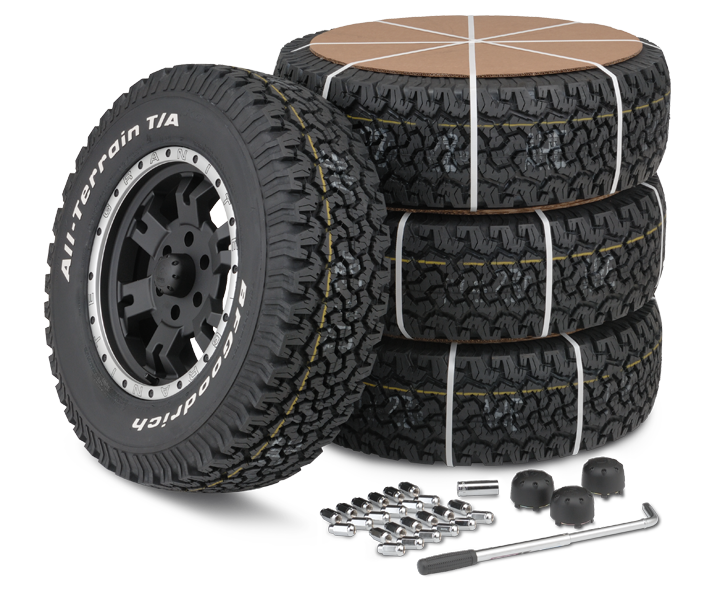Quality Tire Shop Morris: Your Best Destination for Tire Requirements
Quality Tire Shop Morris: Your Best Destination for Tire Requirements
Blog Article
Tire Service: Comprehending Tire Stress Surveillance Systems
Comprehending Tire Stress Tracking Equipments (TPMS) is an essential aspect of maintaining ideal car performance and safety on the road. With advancements in automotive modern technology, TPMS has become a standard attribute in modern vehicles, offering real-time information on tire pressure levels.

Importance of TPMS
The significance of Tire Pressure Monitoring Systems (TPMS) depends on their ability to boost automobile safety and efficiency with real-time tracking of tire stress degrees. Maintaining the appropriate tire pressure is critical for making certain optimum handling, braking, and total safety of an automobile. TPMS gives chauffeurs with prompt responses on any type of underinflated or overinflated tires, enabling timely modifications to be made.
Parts of TPMS
Making up numerous crucial aspects, a Tire Pressure Monitoring System (TPMS) works as an advanced security attribute in contemporary cars. The major components of a TPMS include sensing units, a control component, and a warning sign. Sensors are commonly situated in the tire shutoff stem or connected to the wheel setting up, where they gauge tire pressure and send information to the control component. If it discovers substantially low stress in any of the tires, the control component processes this info and activates a warning. The caution indicator, frequently a sign on the control panel, signals the driver to examine the affected tire or tires. Some progressed TPMS designs likewise present the real tire pressure readings for each and every tire, giving chauffeurs with real-time details to ensure optimum tire efficiency and security. By checking tire stress constantly, TPMS helps prevent accidents, reduces tire wear, and boosts gas efficiency, making it an important element for vehicle security and performance.
Sorts Of TPMS

On the other hand, indirect TPMS counts on the automobile's wheel speed sensing units to keep an eye on tire pressure. This system detects underinflation by comparing the rotational speeds of the wheels. Indirect TPMS is less expensive than direct TPMS, as it uses existing sensing units within the automobile.
While direct TPMS supplies much more exact analyses, indirect TPMS is easier in layout and generally requires less maintenance. Both systems have their advantages and limitations, and the selection between them commonly depends upon elements such as cost, vehicle make, and individual preference. Comprehending the differences between these 2 sorts of TPMS can help lorry proprietors make educated choices concerning tire upkeep and safety.
TPMS Upkeep Tips
Effective upkeep of TPMS is important for making certain optimum efficiency and safety and security of your lorry. Frequently examining the TPMS sensing units for any kind of damages or rust is critical. Guarantee that the sensors are free and clean from particles that might Full Report conflict with their functioning. In addition, it is advisable to examine the sensor batteries periodically and replace them as required to ensure exact analyses. Conduct routine look at the tire stress levels and contrast them with the TPMS analyses to guarantee they correspond. Alter the system complying with the supplier's guidelines if there are any kind of inconsistencies. During tire rotation or replacement, make certain that the TPMS components are handled very carefully to protect against any type of prospective damages. If the TPMS advising light brightens on the control panel, resolve the issue immediately by checking the tire pressures and the overall system for any kind of faults. By sticking to these upkeep ideas, you can extend the life-span of your TPMS and improve the safety and security of your driving experience.
Benefits of Appropriate Tire Pressure
Maintaining correct tire stress, as stressed in TPMS Upkeep Tips, is critical for reaping the numerous benefits connected with optimum tire stress levels. One of the key benefits of keeping the appropriate tire stress is boosted gas performance. When tires are correctly inflated, there is less moving resistance, causing much better fuel economic climate. Additionally, proper tire stress makes certain even tire wear, extending the lifespan of the tires and advertising much safer driving conditions. With the best tire stress, cars also have far better handling and grip, particularly in unfavorable weather problems. This can improve general driving efficiency and safety and security for the vehicle driver and guests. Preserving optimal tire stress can contribute to a smoother and a lot more comfortable adventure by decreasing resonances and sound visit the website created by underinflated tires. To conclude, the benefits of correct tire pressure go beyond just tire long life; they encompass boosted fuel performance, improved safety, far better car efficiency, and general driving convenience.
Final Thought
In verdict, recognizing tire pressure monitoring systems (TPMS) is critical for maintaining optimal tire pressure and ensuring vehicle security. By identifying the importance of TPMS, knowing with its elements, recognizing the different kinds readily available, adhering to proper maintenance ideas, and understanding the benefits of keeping correct tire stress, chauffeurs can boost their driving experience and lengthen the life expectancy of their tires. Correct tire stress is vital to effective and risk-free lorry operation.

Report this page